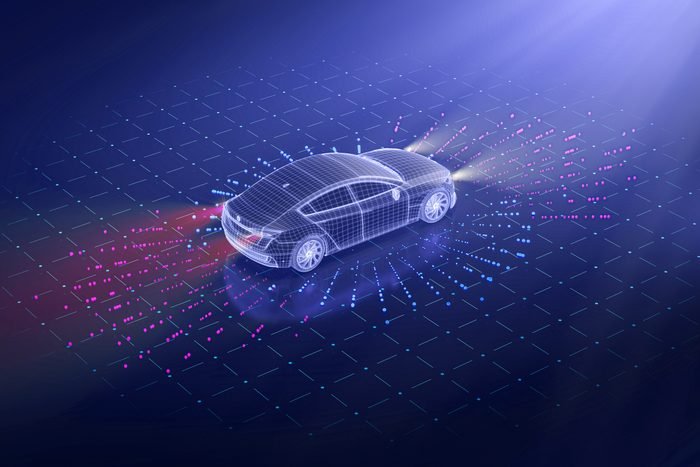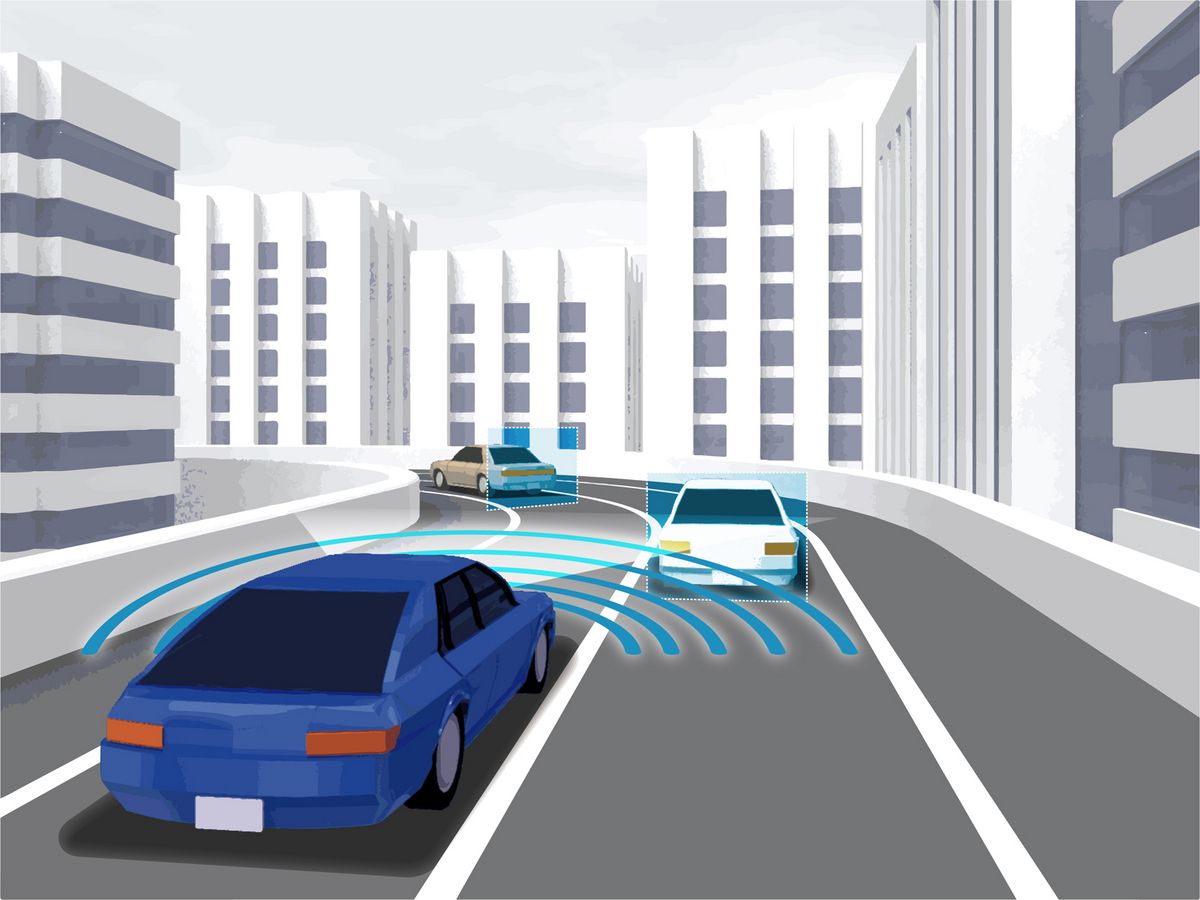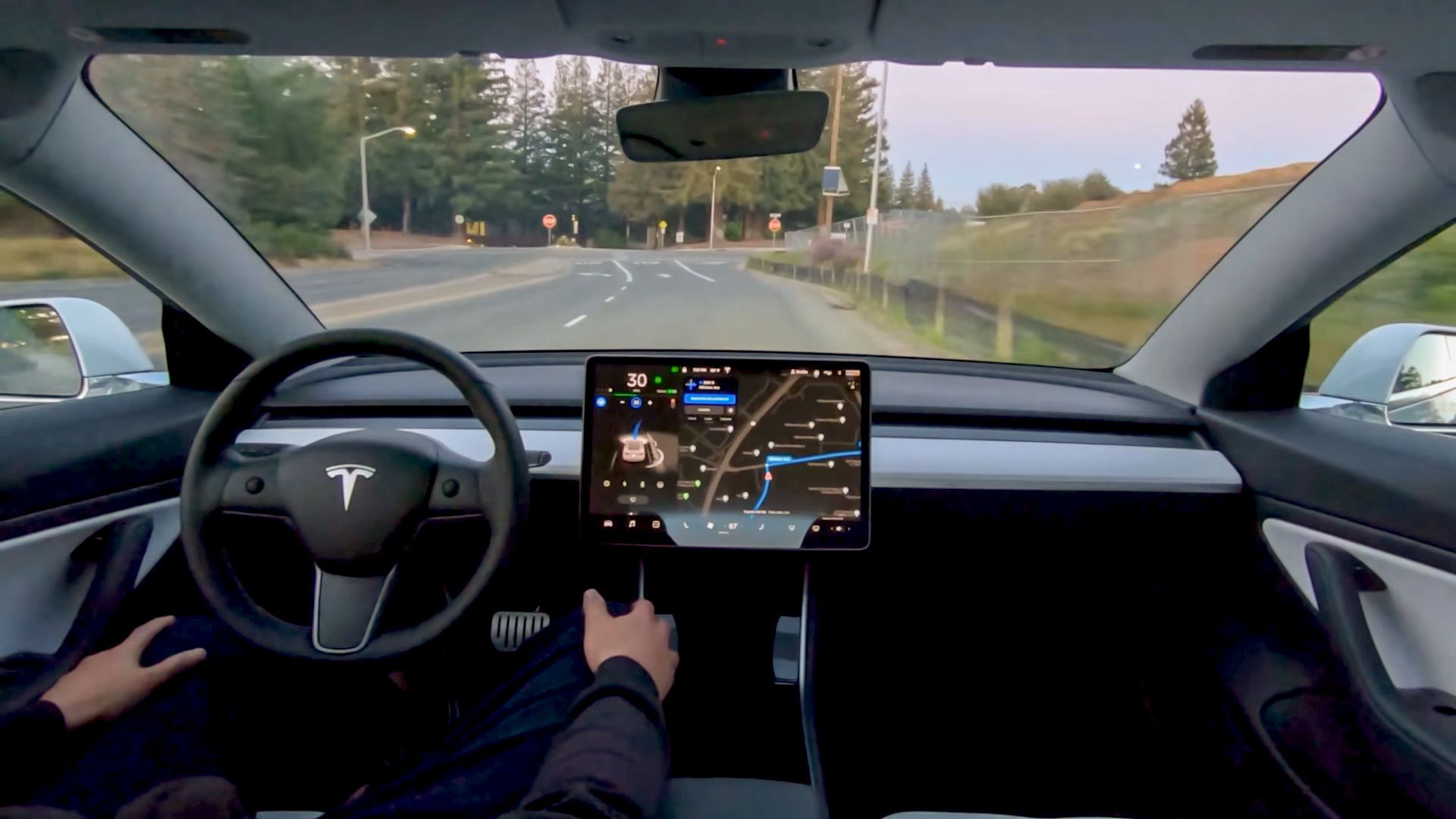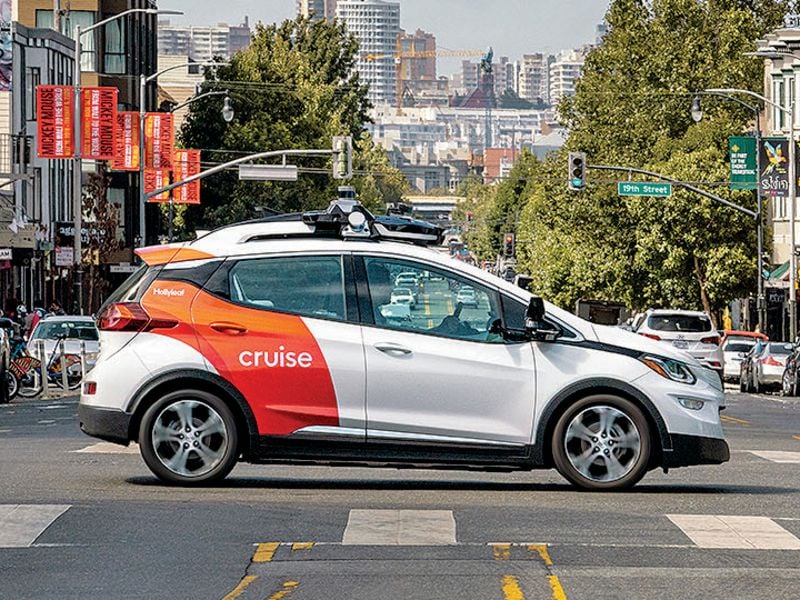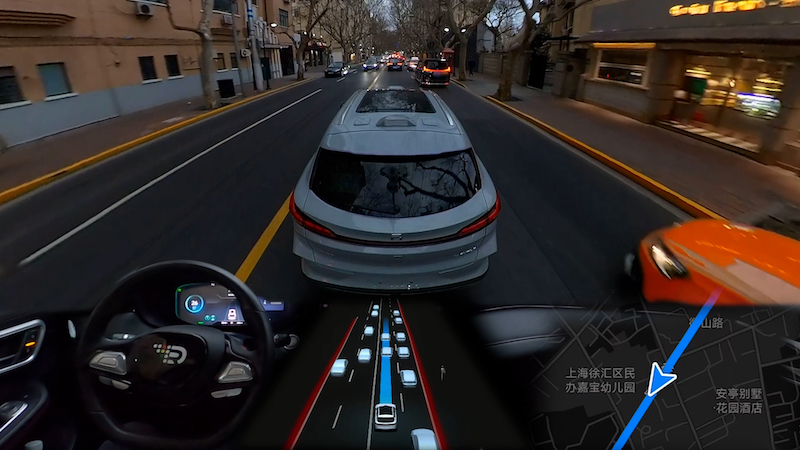The automotive industry is gearing up to leverage quantum computing technology, with the market expected to be worth $143 million by 2026 and an astounding $5.2 billion by 2035, according to a report by market research firm MarketsandMarkets. This represents a compound annual growth rate of 49%, fueled by government investments in quantum computing infrastructure and strategic collaborations between automotive original equipment manufacturers (OEMs), auto component manufacturers, and technology providers.
One of the key drivers of this growth is the ability of quantum computers to contribute to more effective route and traffic management. Early use cases have demonstrated this potential, such as the world’s first pilot project for traffic optimization using a quantum computer, developed by D-Wave Systems in collaboration with Volkswagen in 2019.
Major automotive companies like BMW Group, Volkswagen, Daimler, Hyundai Motors, Ford, and General Motors are already experimenting with quantum applications. BMW Group, for example, announced a collaboration with French quantum startup Pasqal in May 2022 to improve its primary manufacturing processes, particularly metal forming, through accelerated simulations.
Quantum computing is also being used to address increasingly stringent emission regulations by calculating the most efficient routes and accelerating the development process for new materials for better batteries. It is also being used in the design of autonomous vehicles, covering aspects such as route optimization, object recognition, and sensor placement.
OEMs are utilizing quantum computing in various applications, including product design, vehicle engineering, material research, production planning and optimization, demand forecasting, workforce management, and supply chain optimization.
See also: Hyundai partners IonQ to use quantum computing for autonomous technology
Industry leaders such as IBM, Microsoft, and Alphabet are investigating quantum use cases, indicating that the potential for quantum computing in the automotive industry is just starting to be realized. With the exponential growth projected in this market, it is clear that quantum computing will play a significant role in shaping the future of the automotive industry.


